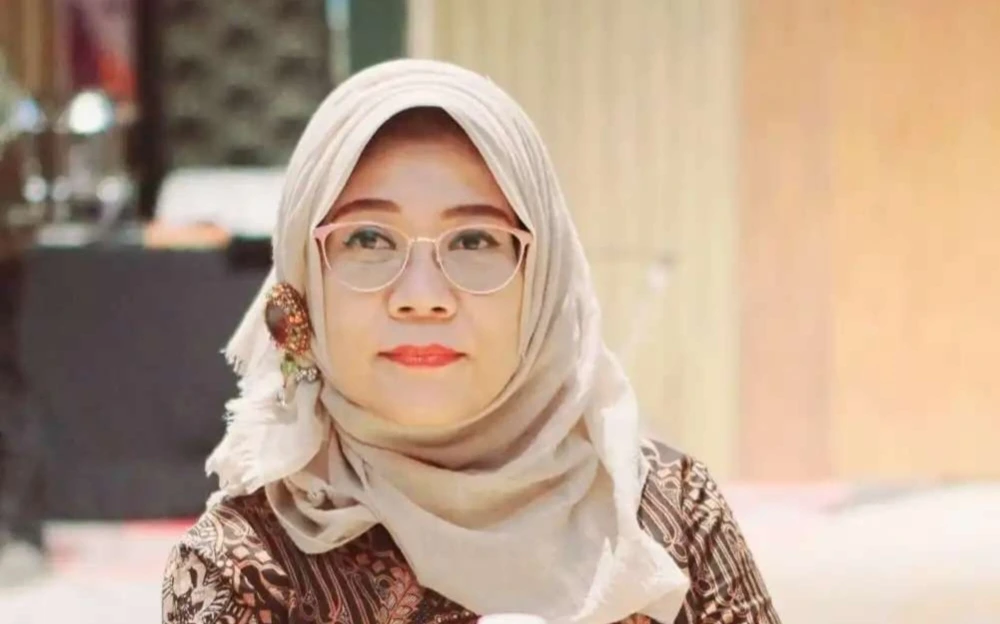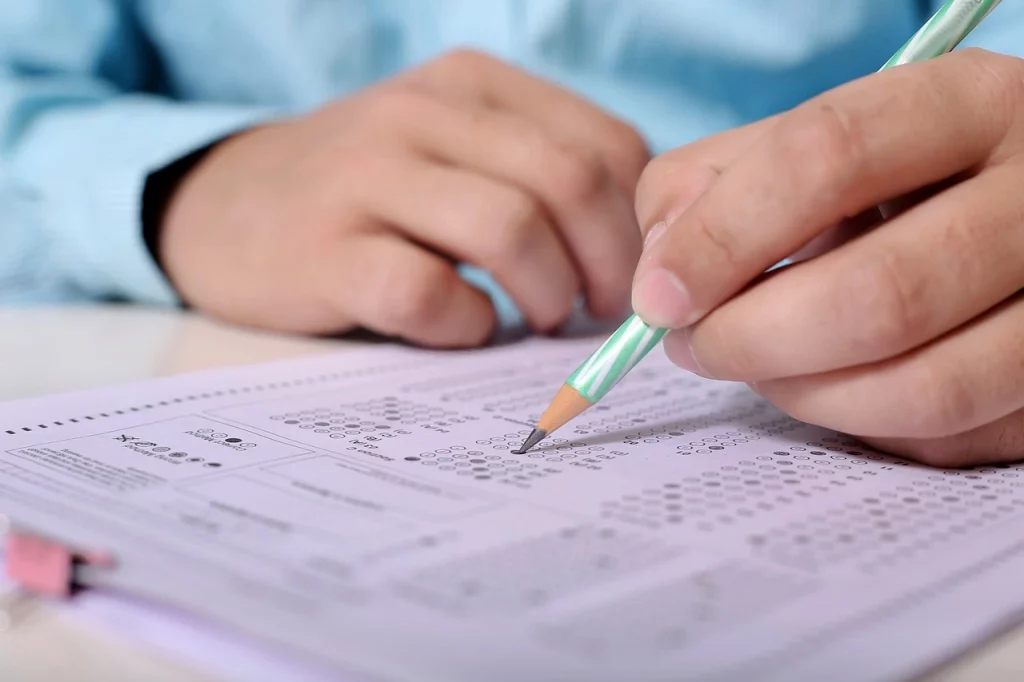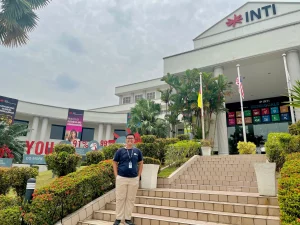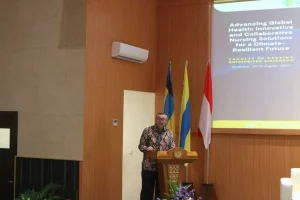UNAIR NEWS – The Ministry of Primary and Secondary Education (Kemendikdasmen) has proposed reintroducing national exams (UN), with Minister Abdul Mu’ti stating that the updated system will differ significantly from its previous version.
Professor of Education Sociology Universitas Airlangga (UNAIR), Prof. Dr. Tuti Budirahayu, Dra., M.Si., emphasized the need for a thorough assessment before implementing the plan. She urged the government to conduct comprehensive studies across Indonesia, examining student learning trends from 2021 to 2024, following the abolition of the previous UN system.
Prof. Budirahayu noted that the Assessment of Minimum Competencies (AKM) has proven effective in measuring students’ skills throughout their educational journey. In contrast, the former UN system often placed excessive pressure on students by evaluating them only at the end of their studies.

Flaws in previous UN system
According to Prof. Budirahayu, the old UN model is no longer an effective or relevant tool for evaluating national education. She described it as a form of symbolic violence and regimentation that negatively impacted students, teachers, and schools. “The exam results were often biased and subjective, with high averages being used as the sole benchmark for educational success,” she explained.
Prof. Budirahayu strongly opposed reintroducing the UN in its previous form, arguing that it forced students into rigid standards, stifling their individual potential. The system also led many students to depend on tutoring services to master exam techniques, neglecting the development of critical thinking skills. “The old UN model almost destroyed public trust in schools,” she said.
Challenges in reinstating UN
Prof. Budirahayu highlighted the considerable challenges posed by the disparity in education quality across Indonesia. She emphasized that any new version of the UN must be tailored to the unique needs and capabilities of each school. “If the UN is reinstated, it should avoid outdated practices and be designed to accommodate the diverse conditions in schools,” she advised.
She also stressed the importance of preparing all stakeholders, including the government, schools, teachers, students, and parents, for the potential changes. Frequent shifts in education policies with each new administration, she noted, have hindered the establishment of a stable system. “Indonesia’s education policies lack a robust, long-term blueprint. This is a weakness, despite the nation’s historical success in managing education effectively,” she said.
Prof. Budirahayu argued that student achievement should be evaluated across various dimensions rather than solely through exam scores. “Focus on strengthening students’ learning habits through literacy initiatives and engaging classroom activities led by teachers. This approach fosters a more enjoyable and pressure-free learning experience,” she concluded.
Author: Nur Khovivatul Mukorrobah
Editor: Edwin Fatahuddin Ariyadi Putra









